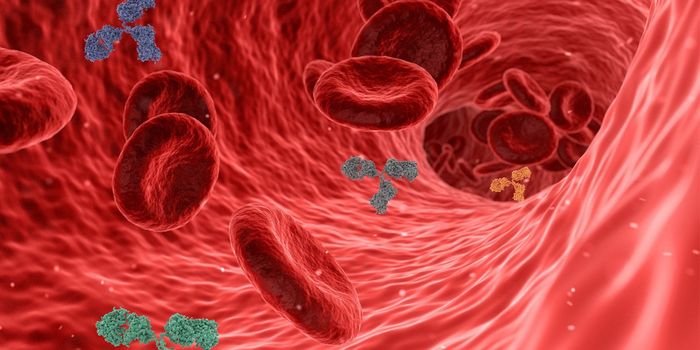Common Hormone Drug Increases Risk of Benign Brain Tumors
High doses of cyproterone acetate, sold under the brand name ‘Androcur’, a commonly-prescribed hormone drug, are linked to an increased risk of benign brain tumors. The corresponding study was published in Nature Scientific Reports.
Cyproterone acetate is used to treat a variety of conditions at varied doses. Conditions include excessive hair growth, early puberty and prostate cancer. High doses are considered to be over 50 mg/ day, and are usually given to those with inoperable prostate cancer or male-to-female transsexual hormonal therapy. Lower doses of the drug ranging from 2-10 mg/ day are usually given in combination with oestradiol to treat androgen-related alopecia or female seborrhoea- excessively oily skin.
As the drug is abundantly used, researchers decided to conduct a meta-analysis of four studies including 8, 132, 348 patients to investigate the effects of the drug. In the sample, 165, 988 patients used cyproterone acetate at varied doses. In particular, they were interested to see whether use of the drug may be linked to meningiomas- a typically non-cancerous, slow-growing tumor that grows in the brain or spinal cord.
"The cause of meningiomas is controversial but there is strong evidence to suggest a plausible role for sex hormones in the onset of meningioma, “ said Keng Siang Lee, the study’s lead author, “We know it has a predilection for females especially after puberty.”
“Furthermore, fluctuations in meningioma growth during the menstrual cycle, pregnancy, and breastfeeding have also been well-documented. We are also aware of the well-characterized distribution of progesterone, estrogen, and androgen receptors in certain meningiomas located at the base of the skull,” he added.
After analyzing the data, the researchers found a significant link between receiving high doses of cyproterone acetate and developing meningiomas. The link however did not hold up for low doses of the drug.
The researchers say tht clinical consideration for routine screening should perhaps be given to those receiving high doses of cyproterone acetate for extended periods of time. They add however that, while their results established this link, it did not establish the underlying mechanisms so further research should be conducted first to know how, and if, their link remains significant.
Sources: Nature Scientific Reports, Science Daily









